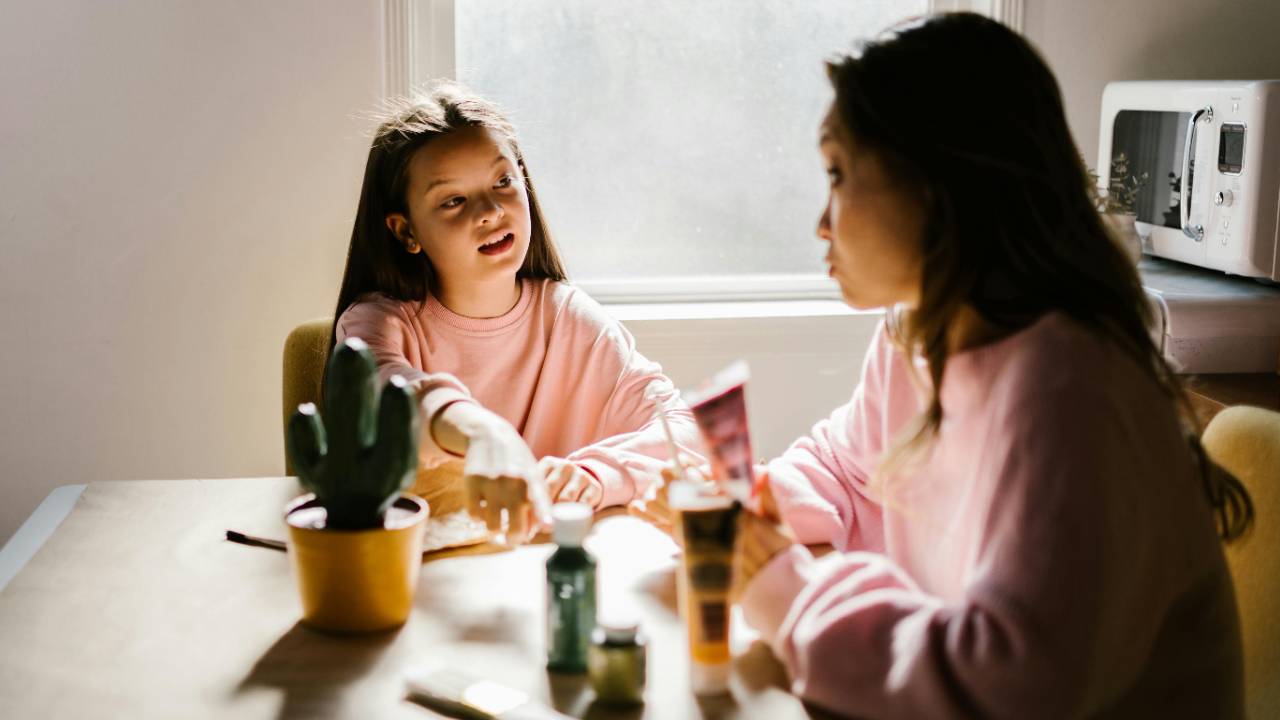Teaching Children About Boundaries: Laying the Groundwork for Healthy Relationships

As an Empowerment Coach and Psychotherapist with 25 years of experience, I've seen how important it is to teach children about boundaries. When children learn about boundaries early, they're better prepared for healthy relationships as they grow up.
What are Boundaries?
Boundaries are like invisible lines that show where we end and others begin. They help us know what's okay and what's not okay in our relationships with others.
Why Teaching Boundaries to Children Matters
-
It helps them feel safe
-
It teaches them to respect others
-
It builds their self-esteem
-
It prepares them for healthy relationships later in life
How to Teach Children About Boundaries
1. Start Early
Even young children can learn about boundaries. Start with simple concepts like personal space and asking for permission.
2. Use Simple Language
Explain boundaries in ways children can understand. For example, "Your body belongs to you, and you get to decide who can touch it."
3. Respect Their Boundaries
When a child says "no" to a hug, respect their choice. This shows them that their boundaries matter.
4. Set Clear Family Rules
Have clear rules about privacy, personal space, and respect in your home. This helps children understand what good boundaries look like.
5. Teach Them to Ask for Permission
Encourage children to ask before touching others or their things. This teaches them to respect others' boundaries.
6. Help Them Recognize Their Feelings
Teach children to pay attention to how they feel. Help them name their feelings. If something makes them uncomfortable, it's okay to say no.
7. Model Good Boundaries
Children learn by watching us. Show them what healthy boundaries look like in your own relationships.
Examples of Teaching Boundaries
-
"It's okay to say no if you don't want a hug."
-
"Let's ask Sarah if we can play with her toy."
-
"I see you're in your room. I'll knock before coming in."
Remember:
Teaching children about boundaries takes time and patience. It's okay if they don't get it right away. Keep teaching and showing them, and they'll learn over time.
By teaching children about boundaries, we're giving them important tools for life. We're helping them build self-respect and learn to respect others. This is a big step towards creating a world with healthier, happier relationships.
Stay in Power.
Homeyra Faghihi, PsyD, LCSW
Empowerment Coach - Founder | Power to the Self Online Coaching





